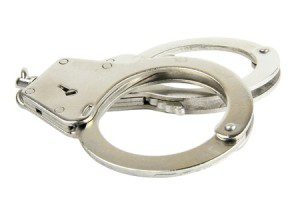 In State v. Walters, Docket No. a-0203-14 (App. Div. 2016), the Appellate Division addressed whether a criminal defendant is entitled to receive “gap-time credit” for time served in county jail on a Title 39 motor vehicle violation.
In State v. Walters, Docket No. a-0203-14 (App. Div. 2016), the Appellate Division addressed whether a criminal defendant is entitled to receive “gap-time credit” for time served in county jail on a Title 39 motor vehicle violation.
Walters was charged with DWI on November 16, 2013. On November 24, 2013, he was arrested for an aggravated assault and remained incarcerated throughout the subsequent proceedings. He was also charged with violating his probationary sentence for a 2013 conviction. On February 18, 2014, he began serving 180 days in the county jail for the DWI sentence, where he was already incarcerated since his November 24 arrest. On April 3, 2014, defendant pled guilty to the aggravated assault and violation of probation. On May 23, 2014, he was sentenced to a three-year term of imprisonment, to run concurrently with a sentence for violation of probation.
With regard to gap time credits, the trial court held the defendant was not entitled to gap-time credit because the prior custodial sentence for DWI was imposed for a motor vehicle violation in municipal court, and defendant served his sentence in the county jail, rather than state prison. In reversing the trial court’s decision, the Appellate Division held that when (1) the defendant has been sentenced previously to a term of imprisonment; (2) the defendant is sentenced subsequently to another term; and (3) both offenses occurred prior to the imposition of the first sentence, the sentencing court is obligated to award gap-time credits.
The gap-time statute only requires that a defendant be previously sentenced to imprisonment, prior to the imposition of a subsequent sentence of imprisonment for an offense under the Criminal Code. N.J.S.A. 2C:44-5(b). The Court also noted that the absence of intentional prosecutorial delay by the State is not dispositive of the defendant’s entitlement to gap-time credits.
